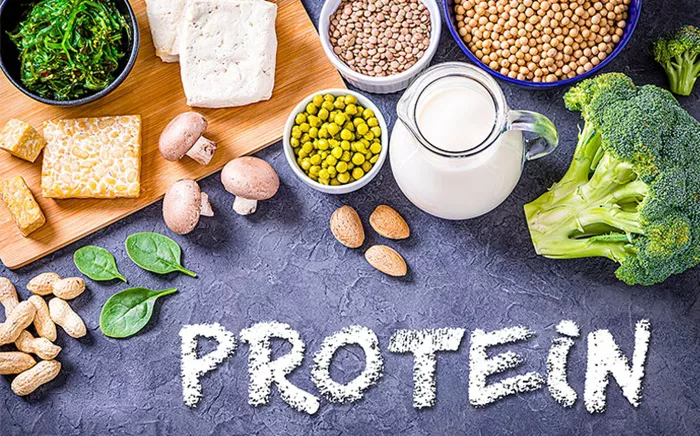While high-protein diets remain popular in the wellness world, some health experts are sounding the alarm: consuming too much protein could be harmful—especially as people age.
Protein-packed foods are everywhere, from specialized snacks like Khloé Kardashian’s Khloud protein popcorn to high-protein ice cream. Many Americans also get protein through more traditional sources, such as meat and protein bars. And while protein is essential for muscle growth, hormone regulation, and digestion, experts say many people are going overboard.
“In today’s wellness culture, protein has become a fixation, and in many cases, we’ve overcorrected,” said Melanie Murphy Richter, a registered dietitian who specializes in healthspan and longevity.
Some adults are now consuming up to one gram of protein per pound of body weight—around three times the recommended amount. According to the Dietary Guidelines for Americans 2020–2025, men aged 19 to 59 are particularly likely to exceed suggested levels.
“Excess protein, especially from animal sources, may do more harm than good when it comes to long-term health and aging,” Richter said.
Protein and Aging: The Hidden Connection
According to Richter, eating too much animal protein—such as beef, chicken, or eggs—can overactivate a nutrient-sensing pathway called IGF-1 (insulin-like growth factor 1). This pathway supports growth during childhood and adolescence but can speed up aging when active throughout adulthood.
Dr. Joseph Antoun, a physician and CEO of health company L-Nutra, explains that prolonged activation of IGF-1 is linked to faster biological aging. That includes increased risk of Type 2 diabetes, cardiovascular disease, cancer, and reduced cellular cleanup, a process called autophagy.
“Promoting growth over repair in the body can lead to more mutations and a shorter healthspan,” Dr. Antoun said.
Finding the Right Balance
While too much protein may be risky, too little can also be harmful. Low protein intake can lead to decreased IGF-1 levels, muscle loss, and accelerated aging.
“The key is balance,” Dr. Antoun said.
He recommends adults under 65 aim for about 0.31 to 0.36 grams of plant-based protein per pound of body weight daily. For those over 65, slightly increasing protein intake—especially from sources like fish, eggs, and dairy from goat or sheep milk—can help prevent muscle loss.
Signs of Excessive Protein Intake
Symptoms of high protein consumption can vary. According to Dr. Antoun, common signs include:
- Digestive discomfort
- Dehydration
- Nausea
- Constipation or diarrhea
- Fatigue
- Bad breath
- Mood changes
- Weight gain
In more severe cases, long-term overconsumption may raise the risk of heart disease, cancer, diabetes, and kidney problems.
Expert Advice
Health professionals recommend approaching protein intake with caution and mindfulness. Rather than blindly following diet trends, consider speaking with a registered dietitian—especially one who practices an anti-diet or holistic approach.
“Finding balance is crucial,” Richter said. “Too much of a good thing can become harmful over time.”
Related topics:


